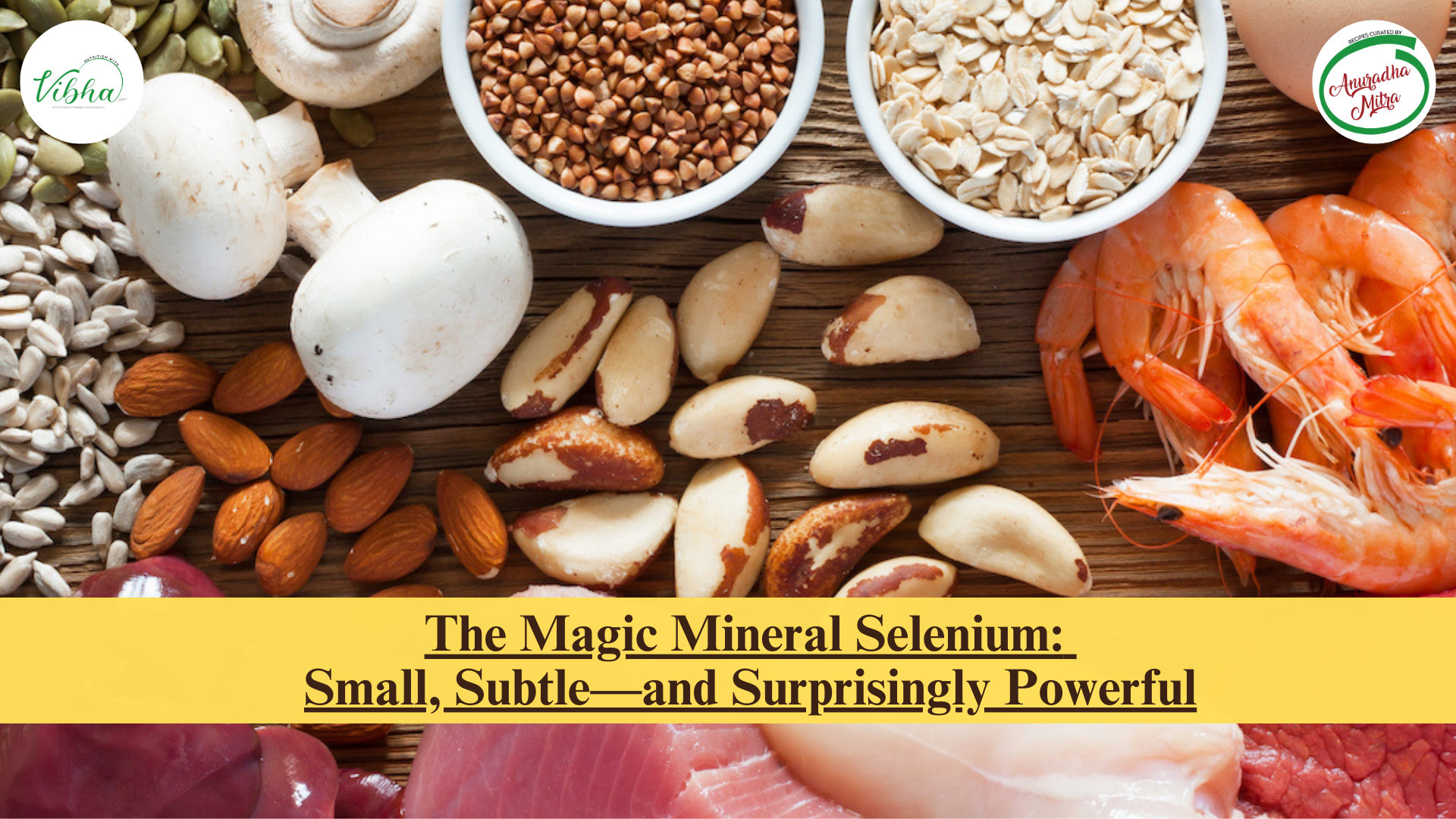The Hair Fall Solution You Haven’t Tried Yet: A Nutrient-Rich Diet!

[um_loggedout show_lock="no"]
Healthy, lustrous hair is often a sign of good health and well-being. A variety of factors, including genetics, diet, lifestyle, and hair care practices, can influence the condition of your hair. This comprehensive guide will delve into the dietary and lifestyle habits necessary for maintaining and improving hair health, supported by scientific research and practical tips.
A healthy diet can help your hair stay strong and shiny. What you eat can also keep you from losing your locks. If you are not getting certain nutrients from food, you might see the effects on your hair. Some of the best foods for hair growth are foods with high nutritional value, like eggs, leafy greens, and fatty fish. Deficiencies in nutrients can affect hair health.
If your hair loss is sudden, it is likely caused by a medical condition rather than your genes. Many conditions can bring hair loss. Some of the most common are pregnancy, thyroid disorders, and anemia.
Others include:
- Ringworm, which spreads from person to person and can cause bald spots
- Other skin conditions, such as psoriasis and seborrheic dermatitis
- Scalp infections
- Sexually transmitted infections
- High fever
- An autoimmune disease called alopecia areata, in which your own immune system attacks your follicles, leaving round bald patches
- Scarring alopecia, most often seen in black women, is characterized by hair starting to fall out from the middle of the scalp and fanning out, leaving areas of the scalp smooth and shiny
- Diabetes
Sometimes hair loss is a sign of a condition called Hyperandrogenism, which happens when your body makes too many androgens (male hormones). In women and others with female reproductive organs, its most common cause is polycystic ovary syndrome (PCOS). Along with hair loss, other signs of PCOS include weight gain, acne, and irregular periods. It's one of the most common causes of infertility. Certain medications can lead to hair loss in some people too. They include birth control pills, blood thinners, and some steroids.
Management of Underlying Conditions:
- Diabetes: Proper management through medication, diet, and lifestyle changes is essential to prevent hair loss. Regular monitoring and controlling blood sugar levels can help improve hair health.
- PCOS: Treatment typically includes hormonal therapies, lifestyle changes like weight management, and a balanced diet. Incorporating foods with a low glycemic index and high in protein can aid in managing symptoms.
- Hypothyroidism: Adequate thyroid hormone replacement therapy, along with a diet rich in iodine and selenium, can help manage this condition.
- High Cortisol Levels: Stress management techniques such as yoga, meditation, and regular physical activity can help reduce cortisol levels.
- Insulin Resistance: A diet low in refined sugars and high in fiber, combined with regular exercise, can improve insulin sensitivity.
- Anemia: Iron supplements and a diet rich in iron (such as lentils, spinach, and fortified cereals) are crucial for treating anemia-induced hair loss.
Your hair health and how fast it grows depend on many factors, including:






